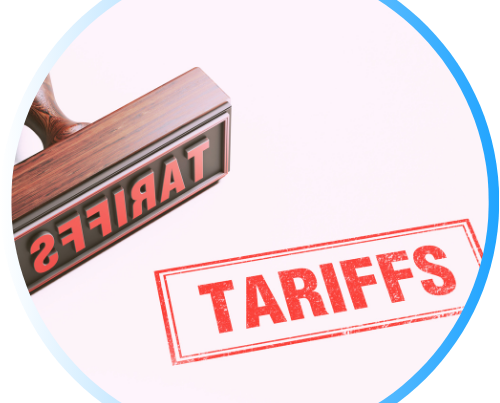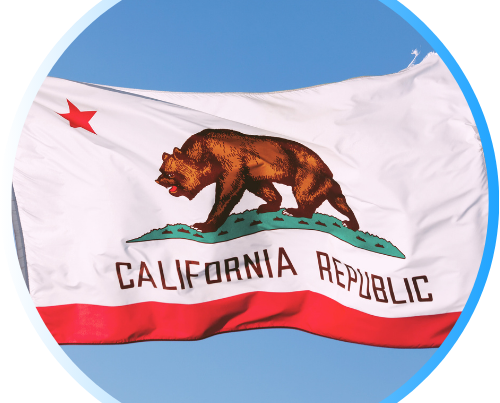Rate Related Update and Market Conditions
Market Conditions
TPEB (Trans-Pacific Eastbound)
-
Demand is softening as recent tariff increases impact planning. Rates are expected to stay flat through April, with no Peak Season Surcharge scheduled.
FEWB (Far East Westbound)
-
A slight volume increase from TPEB diversions has been noted, but broader demand remains uncertain. Rates have held steady for five consecutive weeks.
TAWB (Trans-Atlantic Westbound)
-
Market conditions are steady, with blank sailings reduced. Northern Europe sees continued PSS cancellations, while the East Med moves ahead with new surcharges.
Operational Updates
TPEB:
-
Equipment is widely available across Asian origins, and port operations are running smoothly with no major congestion.
FEWB:
-
Key European ports like Hamburg, Mersin, and Rotterdam continue to face congestion, although equipment availability remains stable.
TAWB:
-
Inland areas in Central and Southeastern Europe face container shortages, and Mersin is experiencing localized issues; carrier haulage is recommended.
Capacity Management
TPEB:
-
About 20% of capacity has been withdrawn this month through blank sailings and service suspensions, as carriers react to softened demand.
FEWB:
-
The Ocean and Premier Alliances are implementing new blank sailings starting mid-to-late April; early booking is advised.
TAWB:
-
While overall blank sailings have eased, East Med services remain limited due to lingering impacts from earlier cuts and local disruptions.
Sources: xeneta.com, maersk.com, yangming.com, evergreen-line.com, supplychaindive.com
📦 Current U.S. Tariff Status & Exemptions Announced This Week
– As of April 18, 2025
-
10% Baseline Tariff: Remains in effect for most imports.
-
Country-Specific Tariffs: Higher tariffs for 57 countries were suspended for 90 days starting April 10, except for China. Source: wilmerhale.con
-
China Tariffs: Cumulative tariffs on Chinese goods have reached 145%. President Trump indicated no further increases are planned to avoid impacting consumer demand. Source: reuters.com ; businessinsider.com
-
Electronics: Smartphones, laptops, semiconductors, and flat-panel displays are temporarily exempt from both the 10% baseline and the 145% China-specific tariffs. Source: thompsonhinesmartrade.com
- Semiconductors: Broad exemptions include various semiconductor devices and electronic integrated circuits under HTSUS subheadings 8541 and 8542. Source: thompsonhinesmartrade.com
- Additional Exemptions: A Presidential Memorandum issued on April 11 expanded the list of exempted products, applicable retroactively to goods entered for consumption on or after April 5. Source: internationaltradeinsights.com


U.S. LTL Carriers Experience Mixed Demand Amid Trade Policy
Less-than-truckload (LTL) carriers in the U.S. are observing varied increases in freight volumes due to recent tariff implementations. Carriers operating near major seaports and border crossings, particularly along the U.S.-Mexico border, report noticeable upticks in cross-border traffic and related logistics activities. However, this surge is not uniform across the industry, with national carriers experiencing less pronounced changes.
USTR Introduces Maritime Fees and Incentives to Counter China’s Shipping Influence
The U.S. Trade Representative has announced a phased plan to impose fees on Chinese-built vessels and operators, aiming to reduce China’s dominance in maritime sectors. The initiative includes a 180-day grace period, after which fees will be levied based on vessel capacity and container volume, increasing annually through 2028. Exemptions are provided for certain U.S.-owned and operated ships, and incentives are offered to operators committing to U.S.-built vessels. Additionally, proposed tariffs of up to 100% on Chinese-manufactured ship-to-shore cranes are under consideration.


California Files Lawsuit Against Federal Tariffs Citing Economic Harm
The state of California has initiated legal action against the Trump administration’s recent tariff measures, arguing that they overstep presidential authority and adversely affect the state’s economy. The lawsuit highlights potential negative impacts on California’s ports and agricultural exports, emphasizing the state’s significant role in U.S. trade. The administration defends the tariffs as necessary for addressing national trade imbalances and protecting domestic industries.

